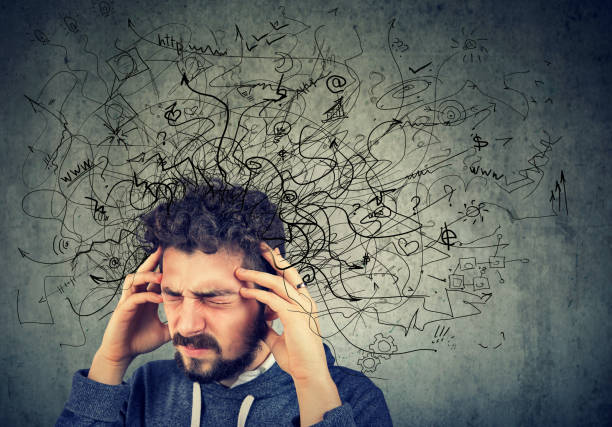Stress and anxiety are common emotions that can be experienced by anyone at any point in their lives. While some stress is normal, excessive stress can lead to anxiety, which can be overwhelming and affect one’s daily activities. It’s important to understand the symptoms of stress and anxiety and the various treatments available to help manage these emotions.
Symptoms of Stress
Stress is a normal reaction to challenging situations and can be physical, emotional, and mental. The following are some common symptoms of stress:
Physical symptoms: These include headaches, fatigue, muscle tension, digestive problems, chest pain, and a rapid heartbeat.
Emotional symptoms: Stress can lead to feelings of sadness, frustration, irritability, and anger.
Mental symptoms: Stress can cause difficulty in concentrating, forgetfulness, poor judgment, and a feeling of being overwhelmed.
Symptoms of Anxiety
Anxiety is a natural response to stress, but it can become excessive and interfere with daily life. The following are some common symptoms of anxiety:
Physical symptoms: These include sweating, trembling, a racing heart, and shortness of breath.
Emotional symptoms: Anxiety can cause feelings of fear, nervousness, and worry.
Mental symptoms: Anxiety can lead to intrusive thoughts, difficulty sleeping, and constant worry.
Treatment for Stress and Anxiety
There are various treatments available to help manage stress and anxiety, including:
Lifestyle changes: Making changes to one’s lifestyle can help reduce stress and anxiety. This can include exercise, getting enough sleep, eating a healthy diet, and reducing caffeine and alcohol intake.
Cognitive-behavioral therapy (CBT): This is a form of therapy that focuses on changing negative thought patterns and behaviors that contribute to stress and anxiety.
Medication: Antidepressants, beta-blockers, and anti-anxiety medications can be prescribed by a doctor to help manage stress and anxiety.
Relaxation techniques: Techniques such as deep breathing, meditation, and yoga can help reduce stress and anxiety by calming the mind and body.
Support groups: Talking to others who are experiencing similar emotions can provide comfort and a sense of community.
It’s important to remember that stress and anxiety are treatable conditions. If you are experiencing symptoms of stress and anxiety, it’s important to seek help from a healthcare professional. With the right treatment and support, it is possible to manage these emotions and improve one’s overall mental health.
Conclusion
Stress and anxiety are common emotions that can affect one’s daily life. Understanding the symptoms of stress and anxiety and the various treatments available can help you manage these emotions and improve your mental health. Making lifestyle changes, seeking therapy, taking medication, practicing relaxation techniques, and talking to others can all be effective ways to manage stress and anxiety.

 Home
Home Health
Health Diet & Nutrition
Diet & Nutrition Living Well
Living Well More
More












